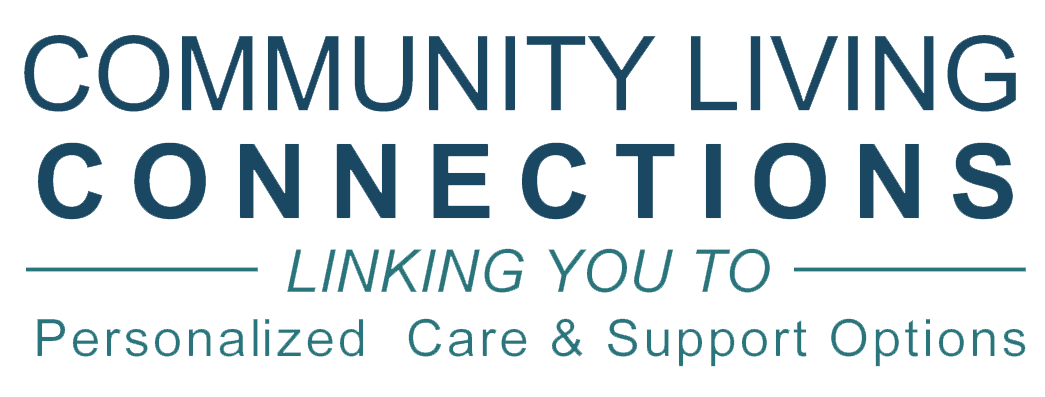Medicaid
Qualifying for Medicaid and Medicaid long-term services and supports
Medicaid can help pay for the cost of things like doctor visits, medical supplies and equipment and prescriptions. For some low-income Medicare beneficiaries, it might help pay for Medicare premiums, co-pays and deductibles. Medicaid can also help with long-term service and support needs like assistance with activities of daily living in your home or in a licensed care setting. You may qualify for a range of Medicaid programs. However, there are strict eligibility requirements.
The eligibility requirements for Medicaid and Medicaid long-term services are very complex. Each program has different requirements for such things as income, resources and cost sharing as well as level of function criteria. The following list provides some eligibility-related information. For more detailed information for your situation, contact Washington's CLC Network to get connected with someone who can help you.
Eligibility Information:
- In some situations you may need a determination of disability or be at least 65 years of age.
- Your income must fall within certain limits. Some income may not count toward the income limit if certain requirements are met.
- You may be required to contribute some of your income toward the cost of your care.
- The value of your resources cannot exceed certain limits in some situations.
- You may be penalized if you transfer assets to qualify for Medicaid in some situations. You also cannot have transferred any assets in the 60-month period before you apply. An example could be transferring the title of your home to your child, unless certain criteria are met.
- You must require a certain level of help with activities of daily living (ADLs) in order to get long-term services through Medicaid.
Important considerations:
- When an individual dies, the state can recover the cost of certain Medicaid benefits it has paid on the person’s behalf. This is called Estate Recovery. Learn more about Estate Recovery.
- Tax implications are complex. Consult your tax professional when considering a Medicaid disability trust.
- Getting long-term services and supports through Medicaid can be challenging and expensive for a person who has worked and saved for the future.
Links to Resources:
- Detailed information about Medicaid and other topics related to long term services and supports can be found in the booklet, Medicaid and Options for Long-Term Services for Adults (PDF document online) or order a free, printed copy (DSHS 22-619).
- Washington Law Help: Legal Information on Long-term Services and Supports
- Washington State DSHS-Aging & Long-term Support Administration (ALTSA): Medicaid Webpage
- Washington Connection offers you a way to find and apply for a variety of services and assistance online and is where to apply electronically for Medicaid-funded long term services and supports.
For more information, please contact the CLC of Washington to get connected with someone who can help you.
Connect with Your Local CLC.
Washington’s Community Living Connections staff are available to help you explore your options to meet your current needs or create a plan for the future.Connect now





